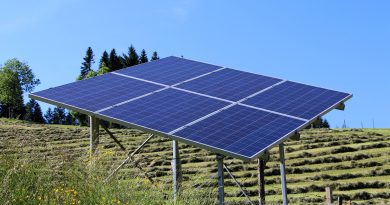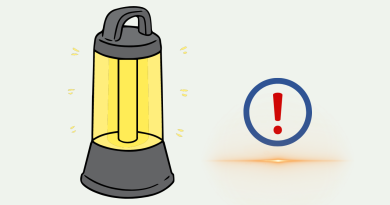Which Solar Panel Is Best For Home?
Selecting the right solar panel for your home is crucial for maximizing energy production and cost savings. This guide compares different solar panel technologies, analyzes factors influencing performance, and provides recommendations for various energy needs and budget constraints.
Table of Contents
Understanding Solar Panel Technologies
Monocrystalline
- Efficiency: 15-22%
- Durability: High
- Cost: Higher than polycrystalline and thin-film
- Suitability: Best for areas with limited space and high sunlight exposure.
Polycrystalline
- Efficiency: 13-18%
- Durability: Moderate
- Cost: More affordable than monocrystalline
- Suitability: Ideal for larger roofs and areas with moderate sunlight.
Thin-Film
- Efficiency: 10-12%
- Durability: Flexible, lightweight, lower durability
- Cost: Lowest among the three
- Suitability: Suitable for portable applications and areas with diffuse sunlight.
PERC (Passivated Emitter and Rear Cell)
- Efficiency: 18-23%
- Durability: High
- Cost: Similar to monocrystalline
- Suitability: Good for maximizing energy output on limited roof space.
Comparing Solar Panel Technologies
| Technology | Efficiency Range | Durability | Cost | Suitability for Roof Types | Suitability for Climates |
|---|---|---|---|---|---|
| Monocrystalline | 15-22% | High | High | Small roofs, high sunlight | Hot, sunny climates |
| Polycrystalline | 13-18% | Moderate | Moderate | Large roofs, moderate sunlight | Moderate climates |
| Thin-Film | 10-12% | Low | Low | Flexible, varied applications | Diffuse sunlight |
| PERC | 18-23% | High | High | Small roofs, high sunlight | Hot, sunny climates |
Factors Influencing Solar Panel Performance
Wattage
The wattage of a solar panel indicates its power output under standard test conditions. Higher wattage panels produce more electricity, making them suitable for homes with high energy demands.
Cell Size
Larger cells can capture more sunlight, increasing the panel’s efficiency. However, they may also be more expensive and heavier, requiring a sturdy roof structure.
Warranties
Solar panels typically come with product and performance warranties. Product warranties cover manufacturing defects, while performance warranties guarantee a certain level of output over time (usually 25 years). Longer warranties offer better protection and reliability.
Recommendations Based on Energy Needs and Budget Constraints
High Energy Needs
- Recommended Technology: Monocrystalline or PERC
- Reason: These panels offer the highest efficiency, maximizing energy production for homes with high consumption.
Moderate Energy Needs
- Recommended Technology: Polycrystalline
- Reason: These panels provide a good balance between efficiency and cost, suitable for average-sized homes.
Low Energy Needs or Budget Constraints
- Recommended Technology: Thin-Film
- Reason: These panels are the most affordable option, ideal for homes with low energy consumption or limited budgets.
Diverse Roof Types
- Flexible Applications: Thin-Film
- Reason: Their lightweight and flexible nature make them suitable for various roof types, including those that cannot support heavier panels.
Conclusion
Selecting the best solar panel for your home involves understanding different technologies, comparing their efficiency, durability, and cost, and considering your specific energy needs and budget constraints. By conducting thorough research and considering available government incentives, you can make an informed decision and enjoy the benefits of solar energy.
FAQs
1. Which type of solar panel is best for homes?
Monocrystalline and PERC panels are generally the best due to their high efficiency and suitability for various climates.
2. How many solar panels do I need for my home?
The number of panels depends on your energy consumption, roof space, and panel efficiency. A typical 5 kW system with 300W panels would need around 17 panels.
3. Are there government incentives for solar panels?
Yes, many governments offer subsidies and incentives for residential solar installations. Check with local authorities for specific programs available in your area.
4. How often should I clean my solar panels?
It’s recommended to clean solar panels at least twice a year or more frequently in dusty areas to maintain optimal performance.
5. What is the lifespan of solar panels?
Most solar panels come with a warranty of 25 years, and they can continue to produce electricity beyond that period with reduced efficiency.




